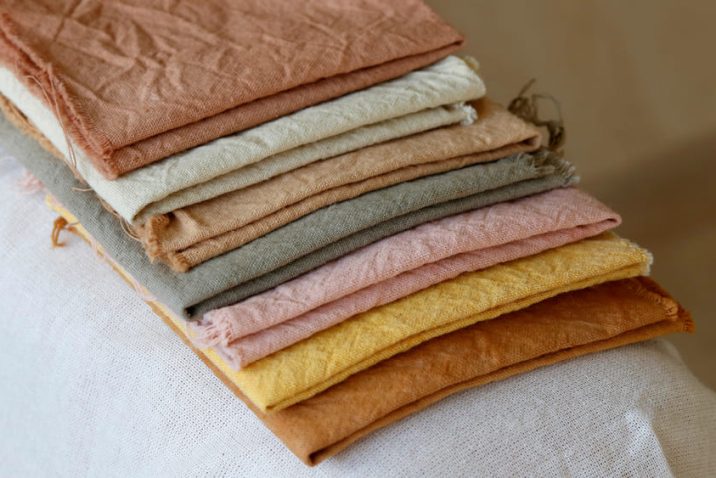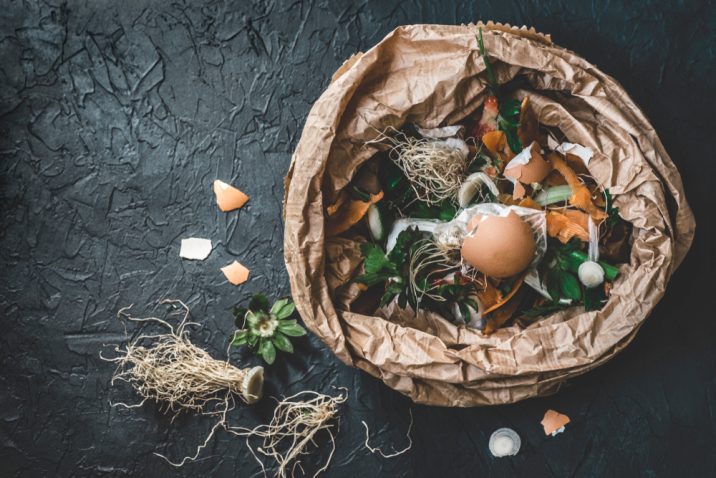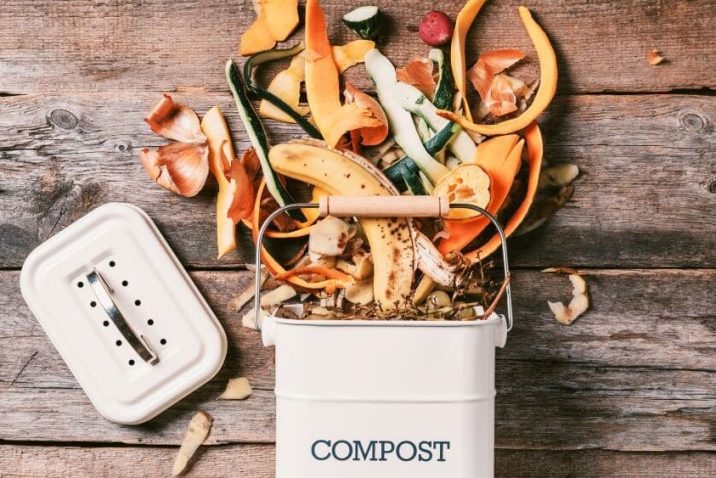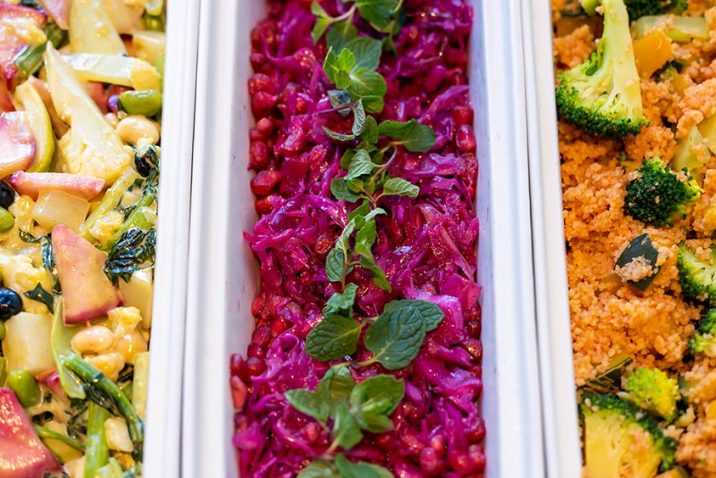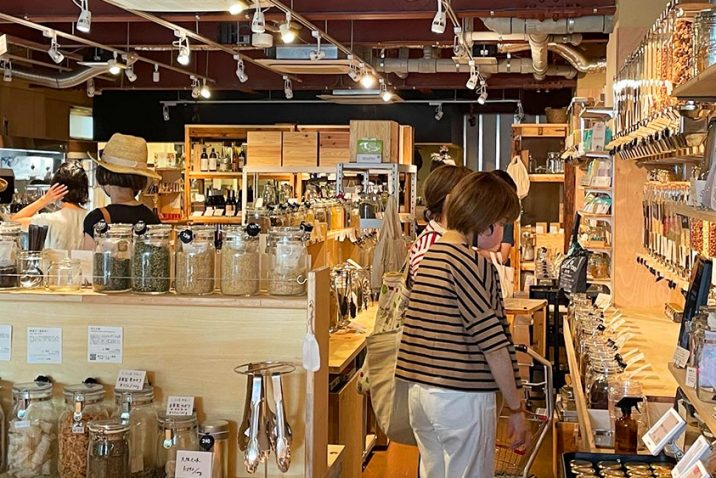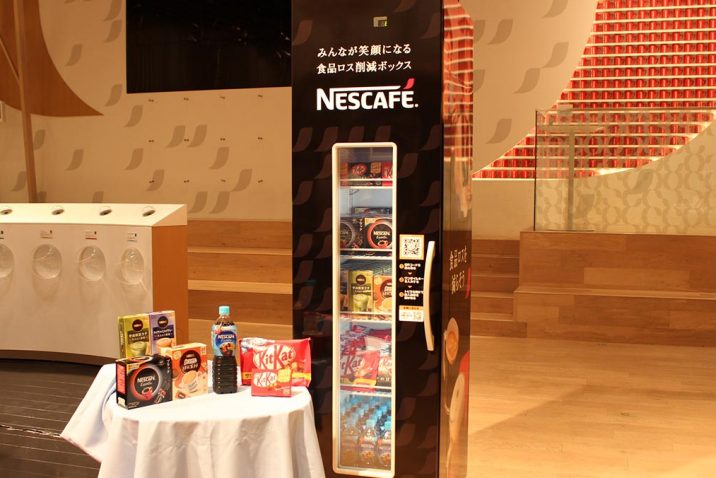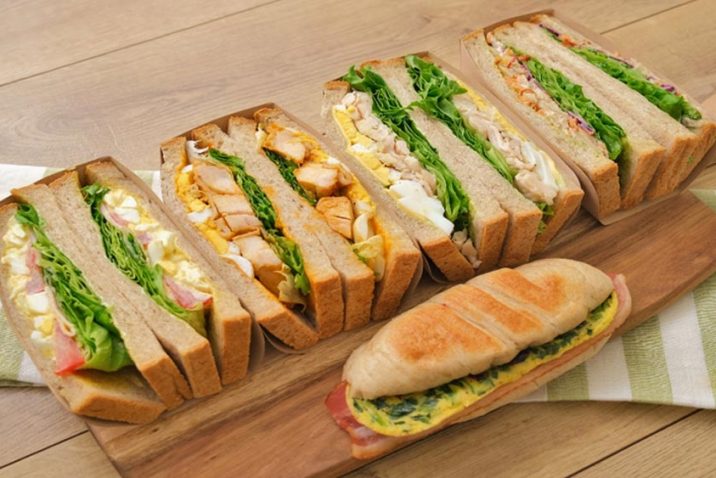When buying clothes, you may look for something that can be worn for many years. Clothing colored by Japanese traditional plant dyeing, “kusaki-zome,” may be just what you are looking for! Kusaki-zome is now attracting attention again in the...
The basic concept of a Circular Economy is to maintain a supply chain that follows the cycle of 1) make → 2) use → 3) reuse/recycle. This principle has been applied in the use of renewable sources in the energy industry, and in the apparel industry...
The term “composting” is one that we are hearing more and more about these days. In fact, it is an important element of Japanese wisdom handed down from generation to generation, utilizing the action of microorganisms to ferment and...
From this week onwards, haishop cafe begins offering haishop DELI, a side dish food takeaway service. The service will promote local production for local consumption and reduce food waste while maintaining its 80% vegan menu. haishop cafe is a...
One of the most useful items to stockpile in the event of a disaster is food. It is recommended to stockpile at least three days to a week’s worth of emergency food, depending on the length of evacuation. Emergency provisions such as dried...
Excelsior Cafe is extending its collaboration with TABETE, a food waste rescue service, to include 99 of its stores. Starting from January this year, Excelsior Cafe’s first batch of 40 stores prevented more than 250kg of food waste. The success...
A newly opened zero-waste supermarket in Kyoto aims to bring packaging-free shopping not just to Japan’s ancient capital, but to the entire country. Interest from customers and other retailers is pushing the company’s expansion plans along faster...
Did you know that food products within safe “consumed by” dates are being discarded? Food products have delivery dates—deadlines that indicate when they should be shipped to stores. When the products miss these delivery dates, the food...
Two food companies and a group of students have collaborated to develop a new product, Sustainable Shrimp Cracker, made from two kinds of food waste. The first source of food waste comes from the heads of sweet shrimp, leftover in the process of...
ZENB Japan is tying up with Associate Professor Haruko Noguchi of Tokyo University of Agriculture and her students at the Agriculture Department of Agricultural Innovation for Sustainable Society to develop “ZENB Sandwich” that maximizes ingredient...


